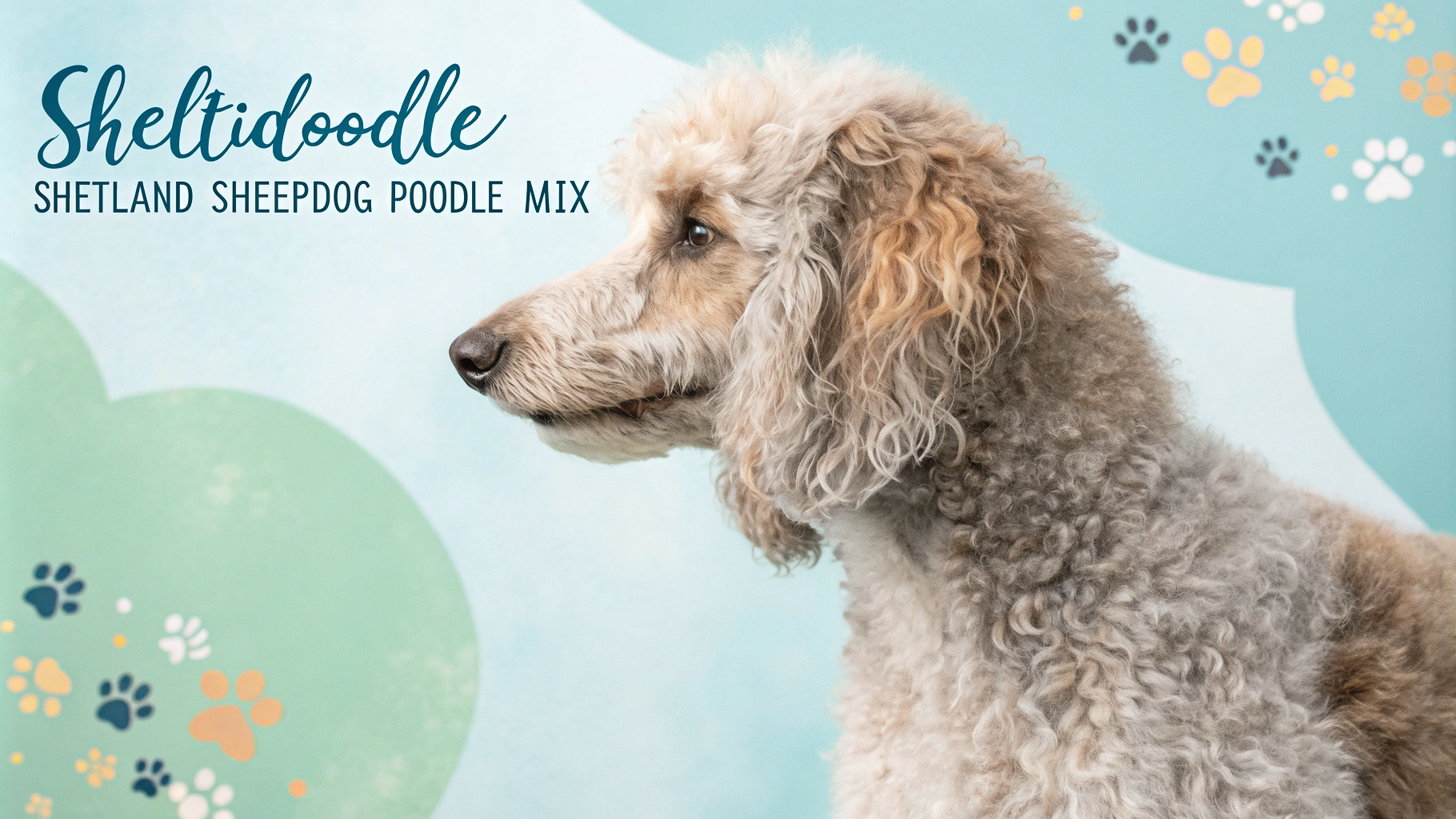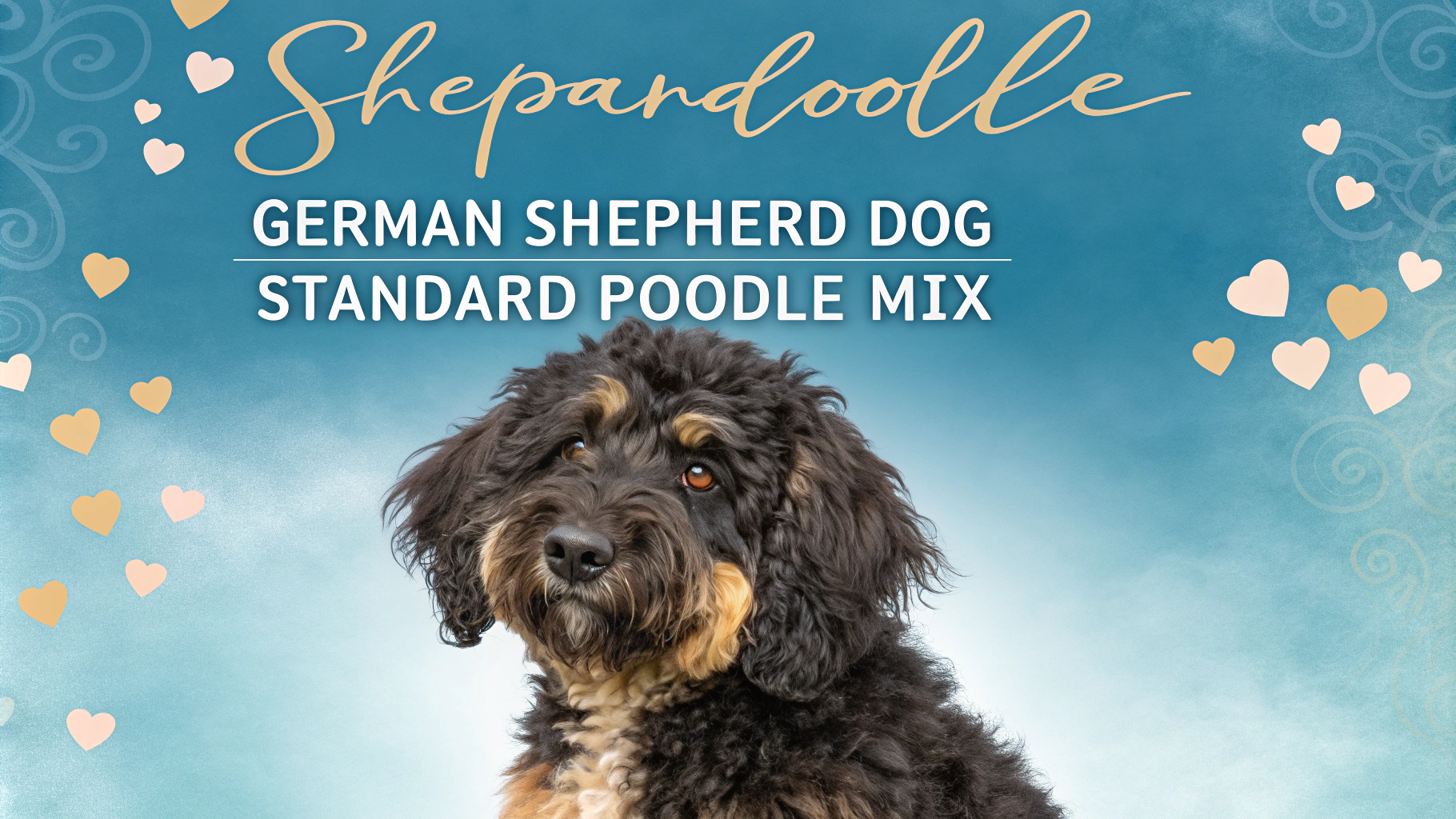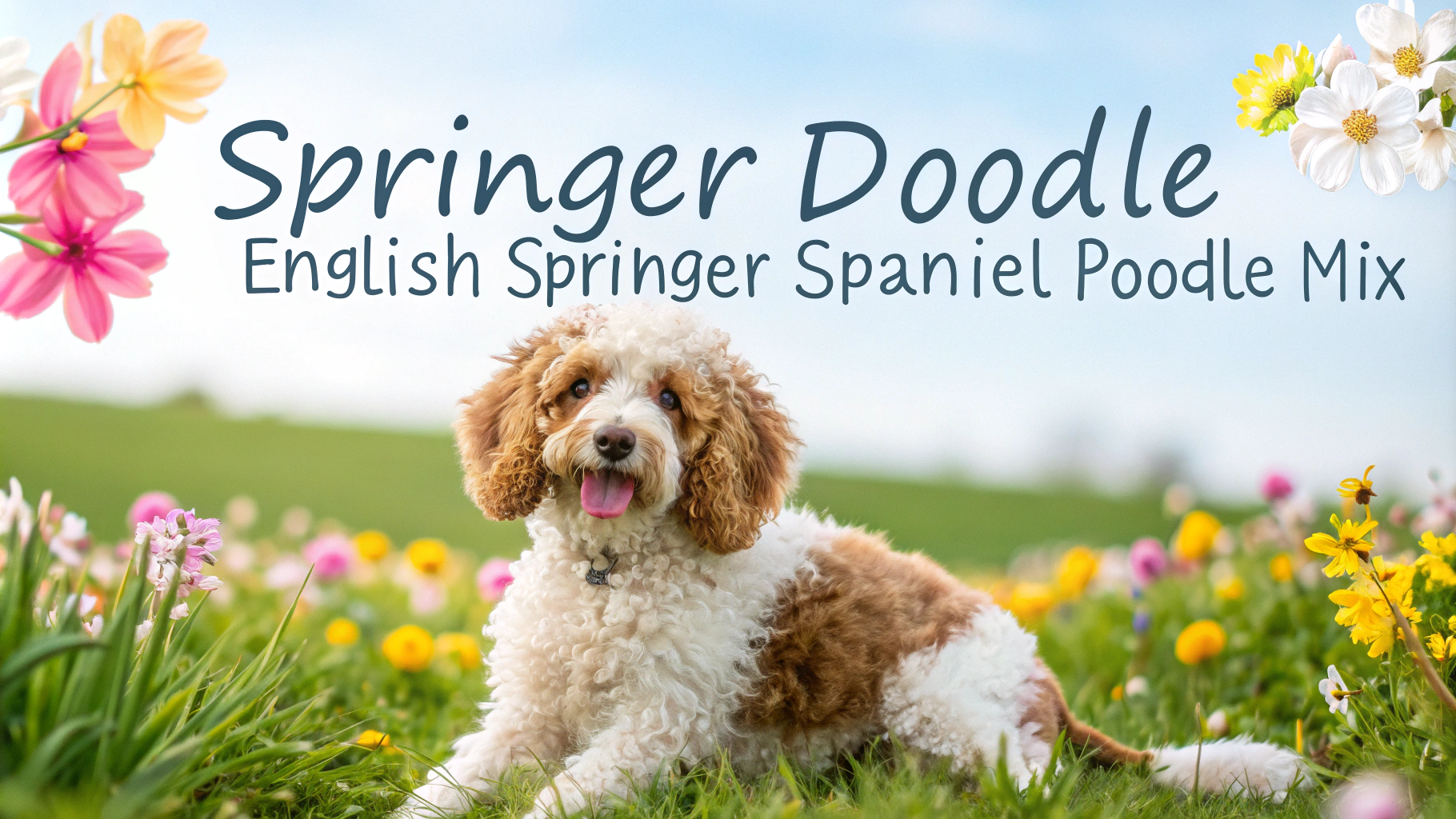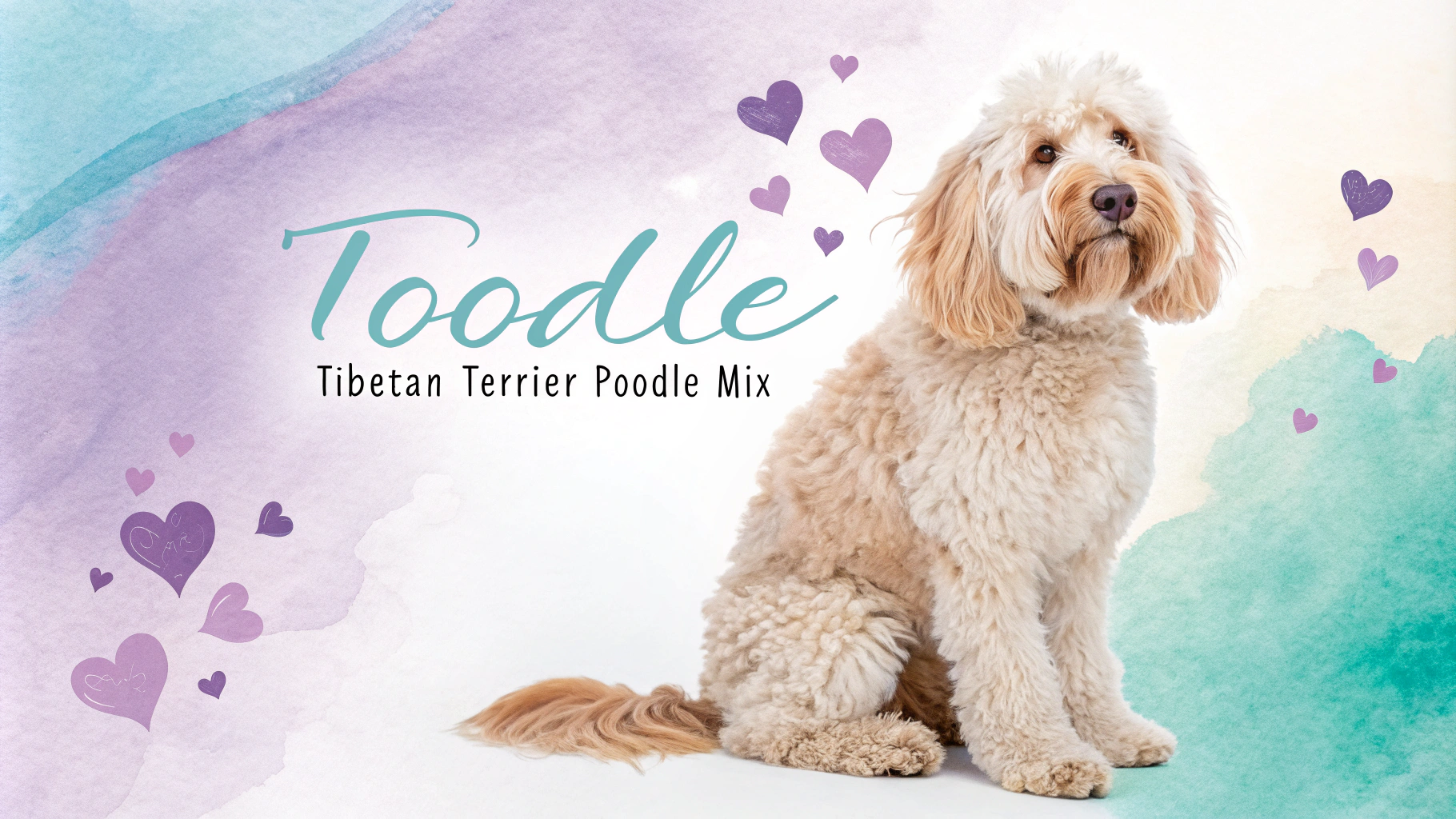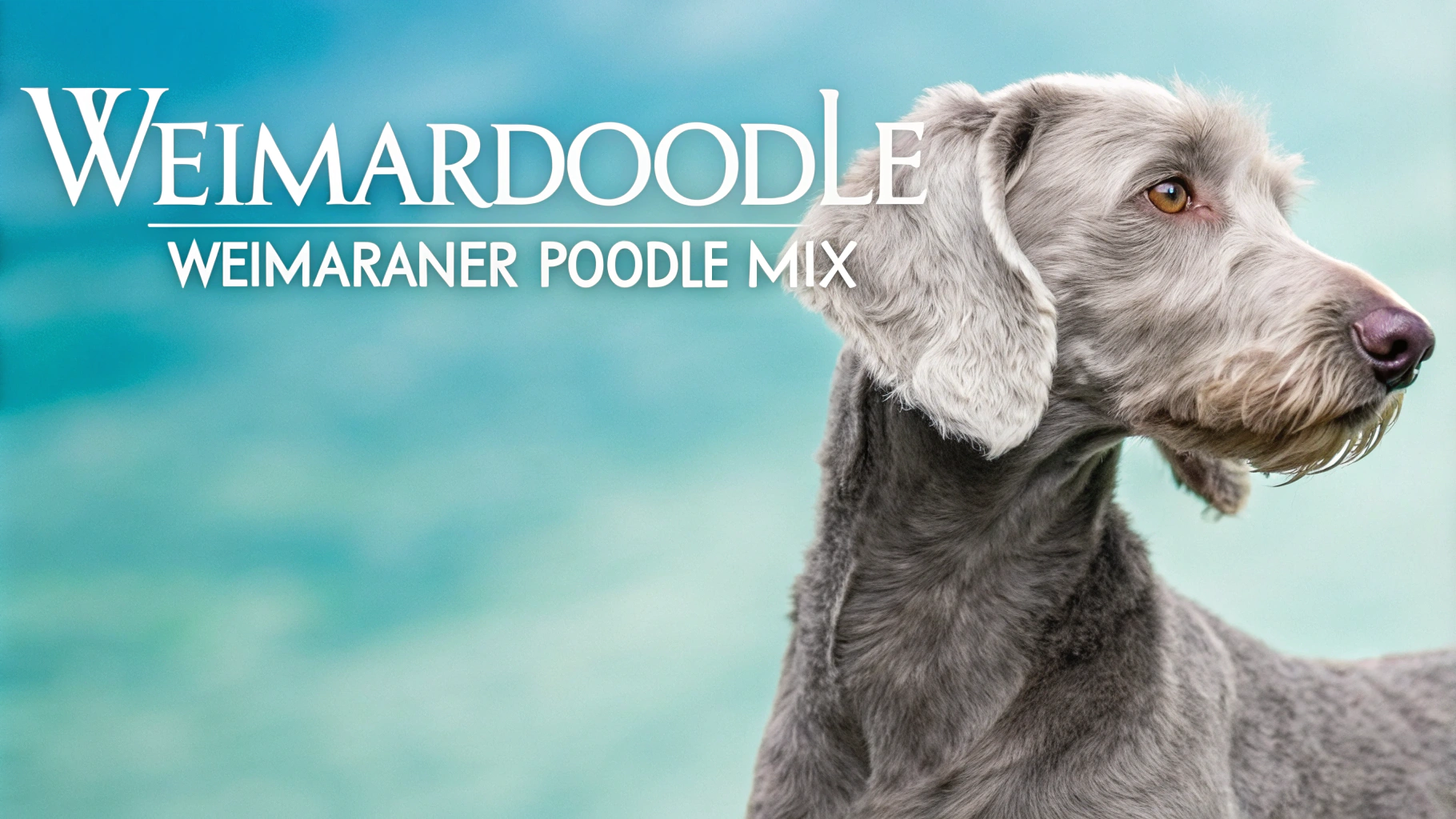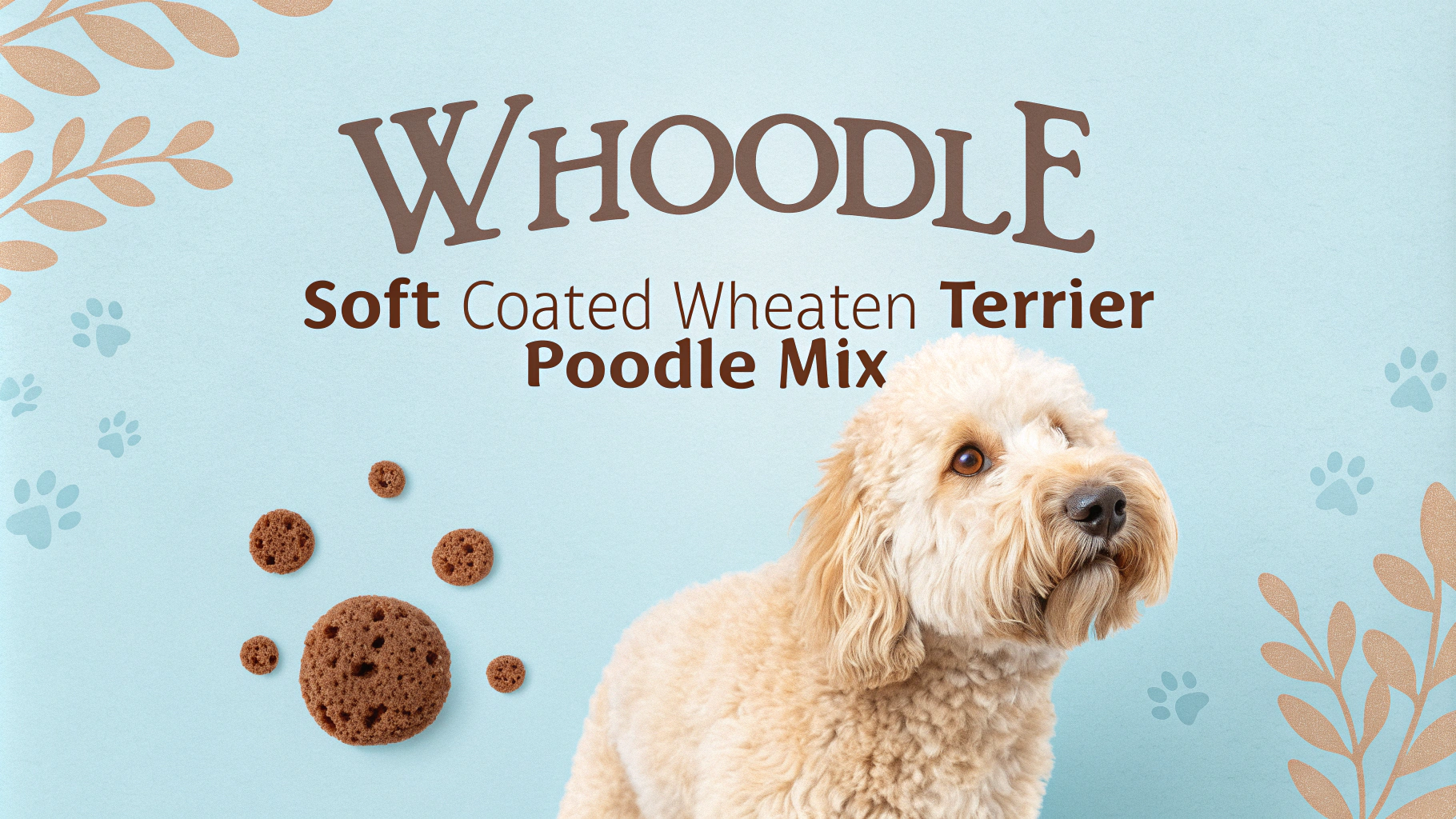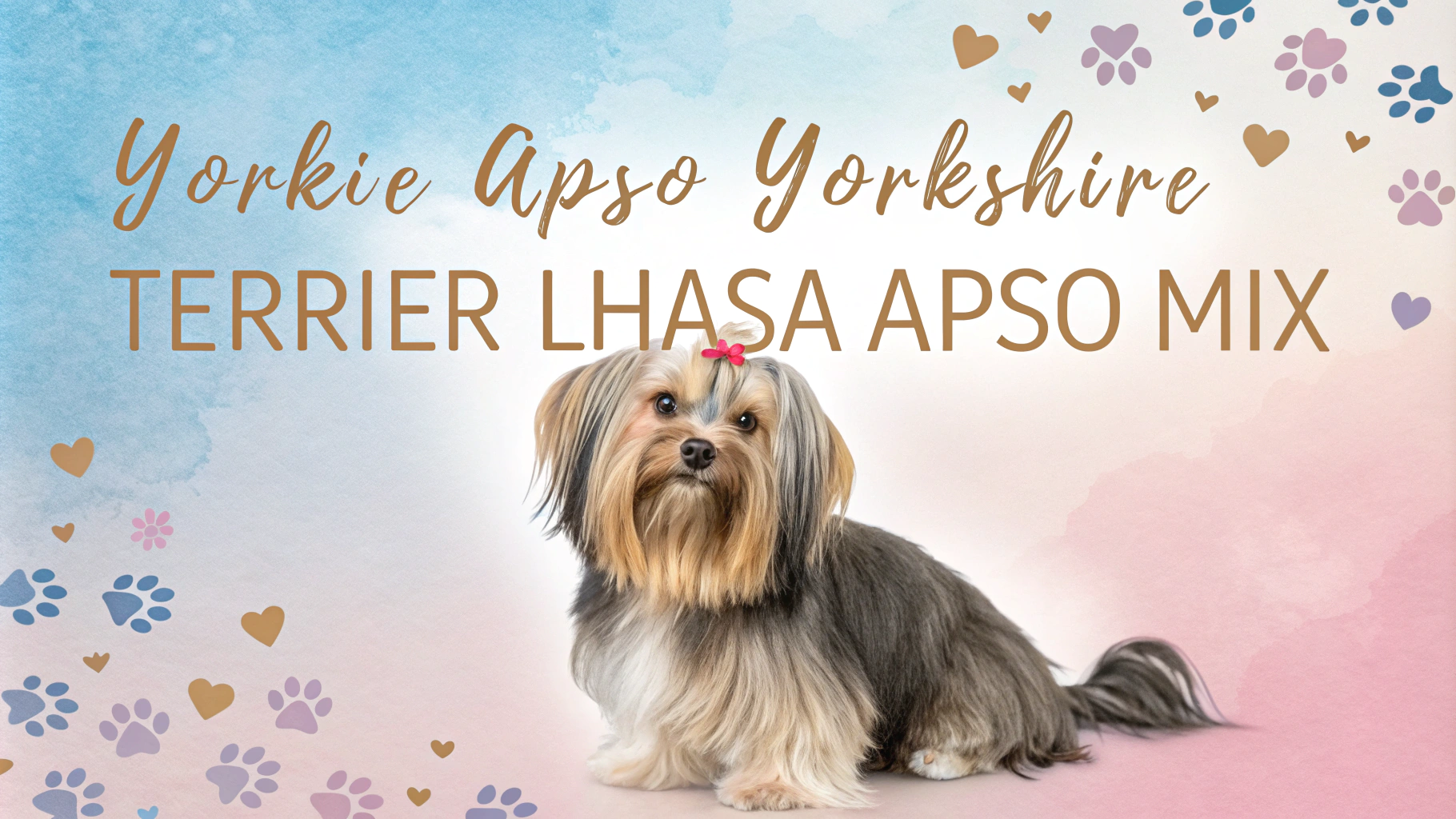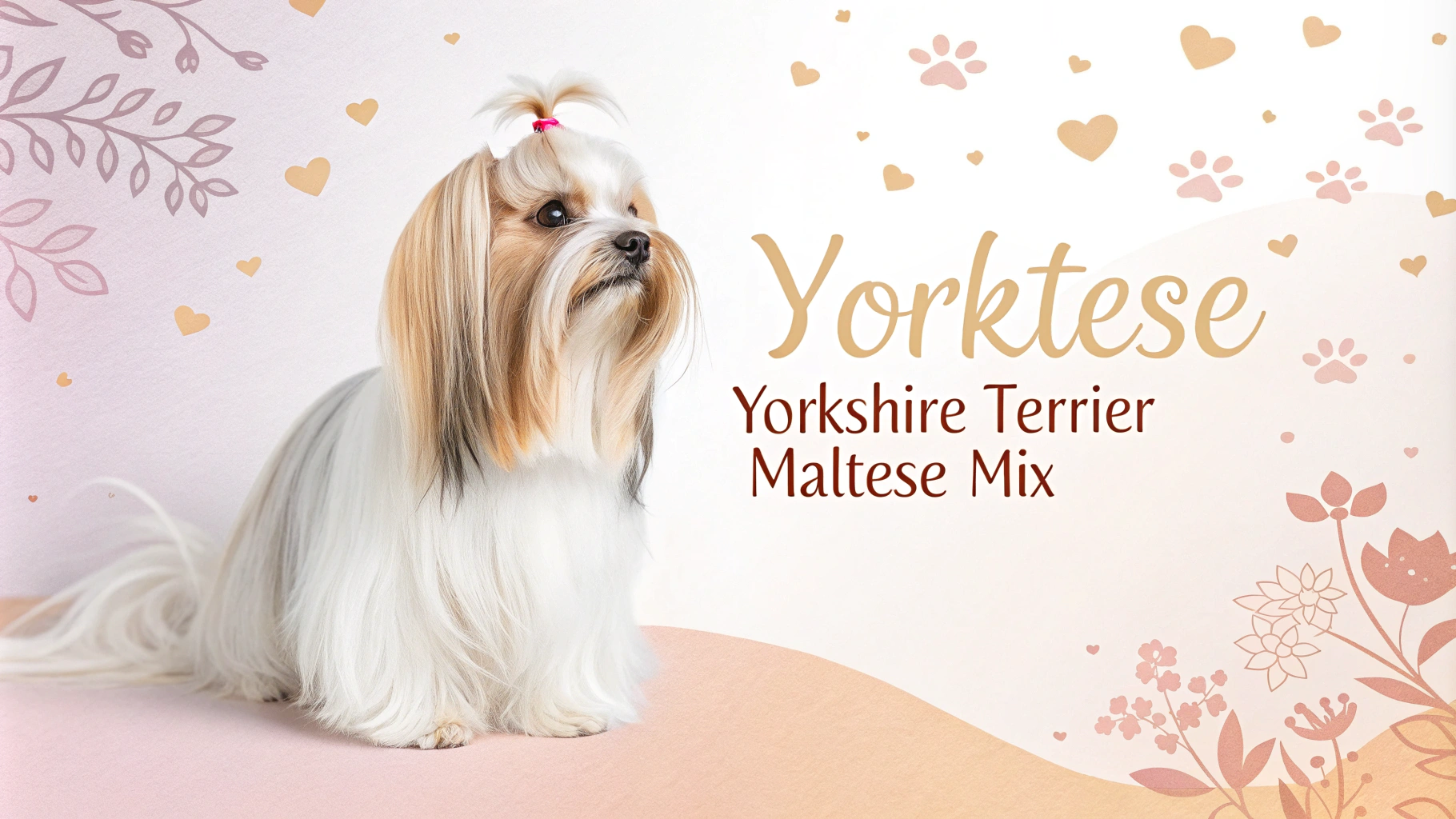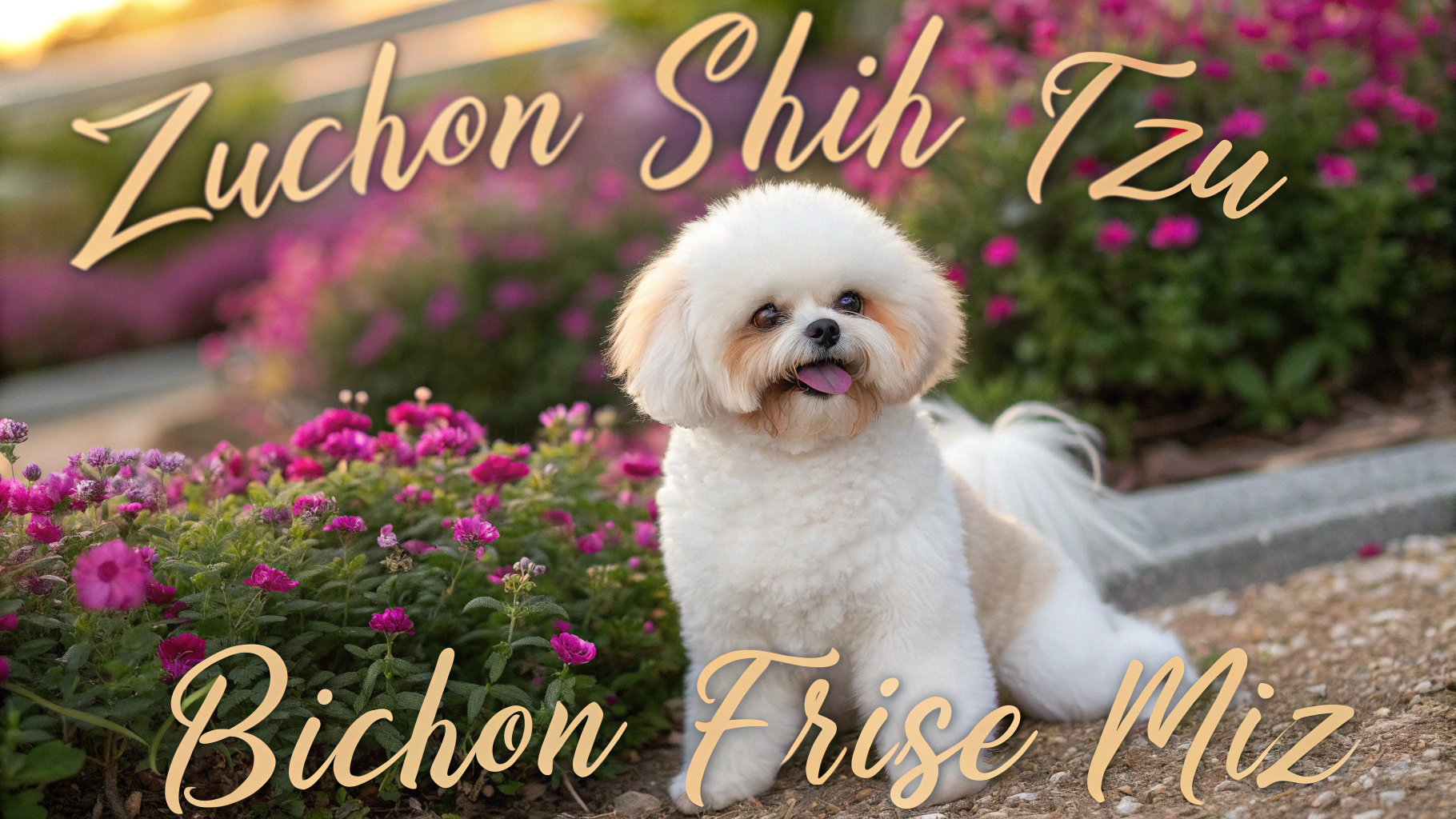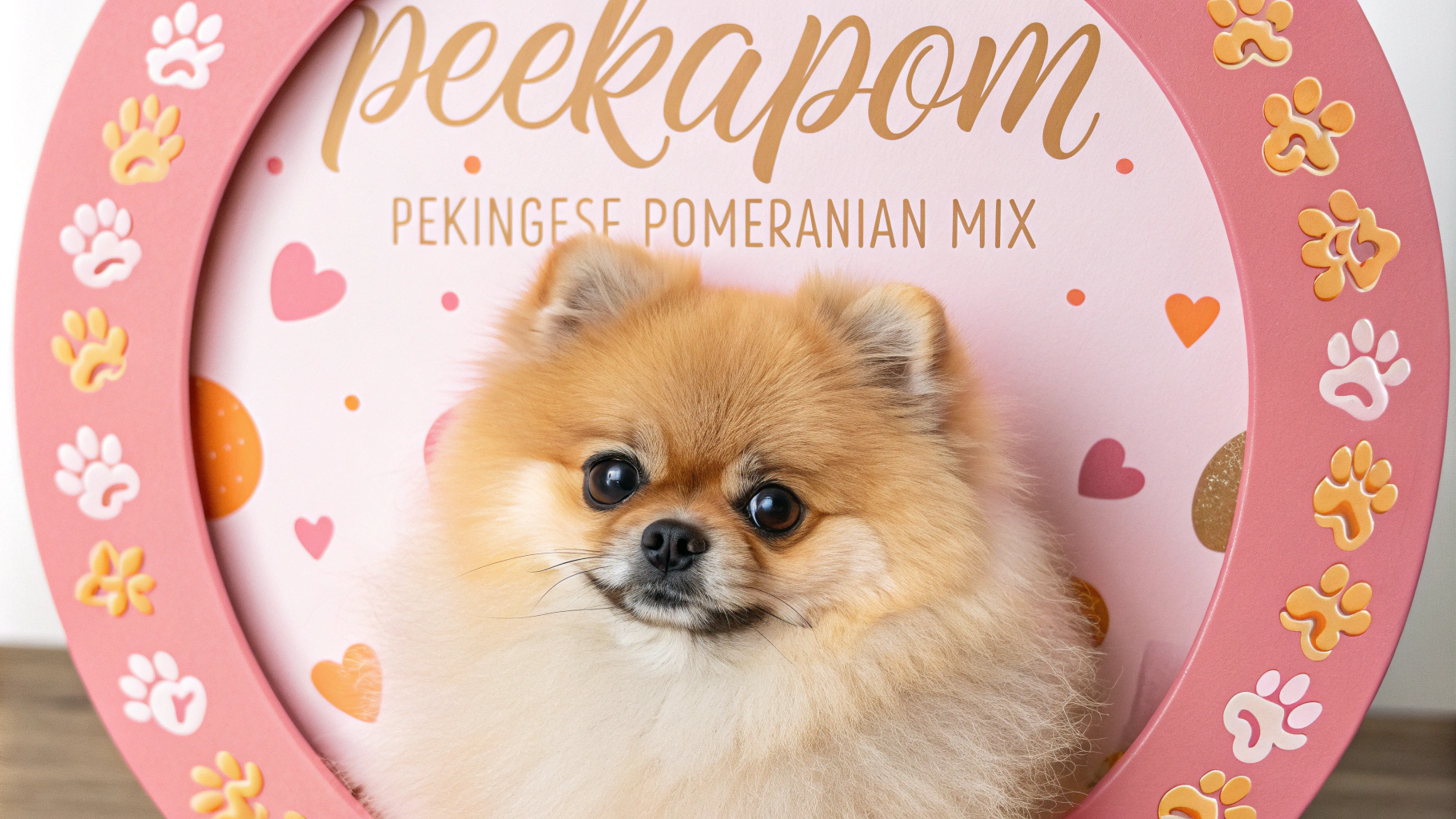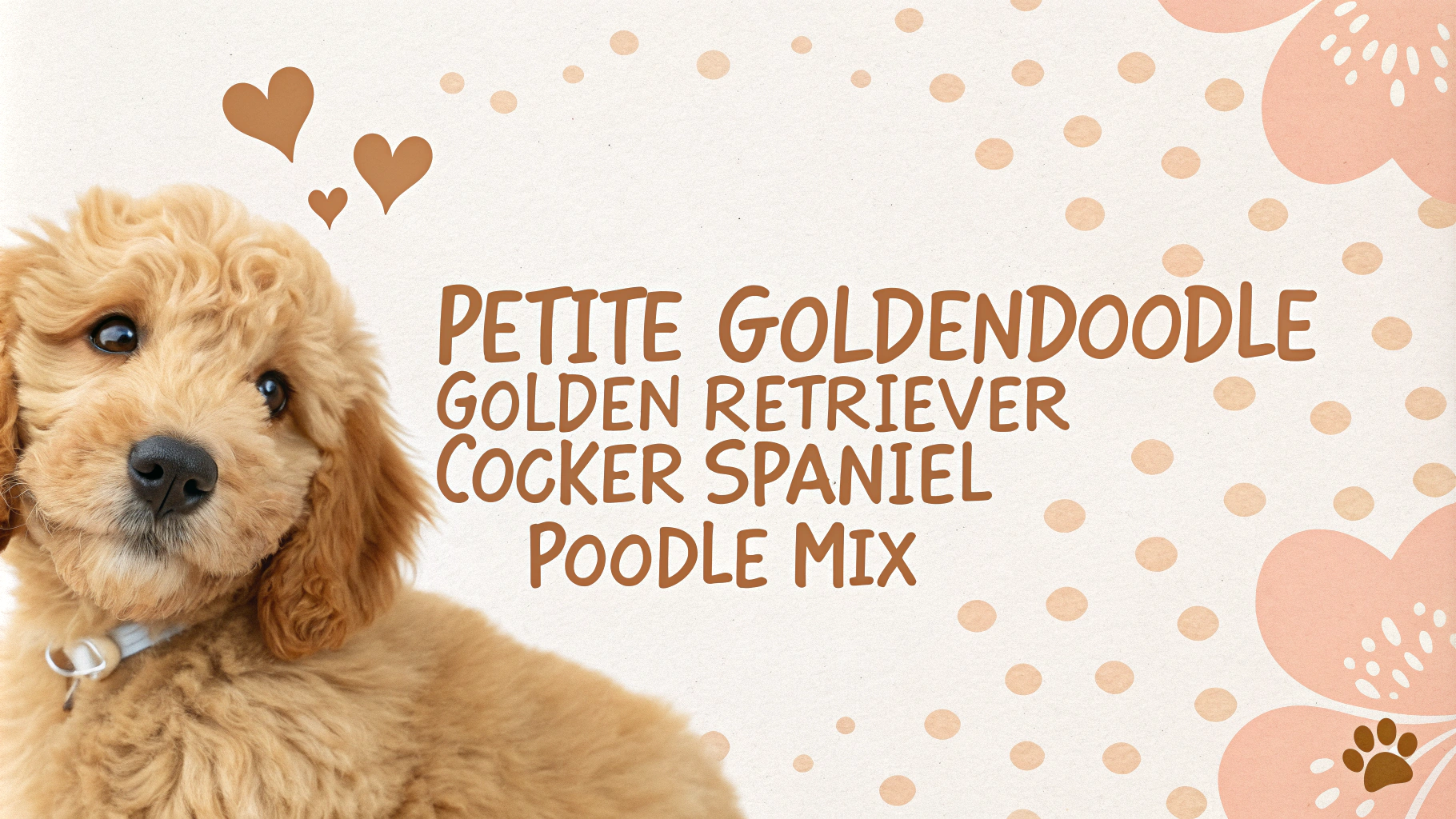The Malkie, also known as a Morkie, is a delightful designer dog breed resulting from the cross between a Maltese and a Yorkshire Terrier. This small, affectionate mixed breed combines the best traits of both parent breeds, creating a charming and energetic companion. Malkies are known for their loving nature, playful personality, and adorable appearance, making them popular choices for individuals and families seeking a small, low-shedding dog with a big heart.
Key Facts
- Size: Small (typically 6-8 inches tall)
- Weight: 4-8 pounds
- Lifespan: 12-15 years
- Coat: Long, silky, and hypoallergenic
- Colors: Various combinations of white, black, tan, and brown
- Temperament: Affectionate, playful, and energetic
- Good with children: Yes, but supervision is recommended due to their small size
- Good with other pets: Generally yes, but early socialization is important
- Barking tendency: Moderate to high
- Trainability: Moderate (can be stubborn at times)
Character Traits
Malkies inherit a blend of personality traits from their Maltese and Yorkshire Terrier parents, resulting in a lovable and spirited companion. These little dogs are known for their affectionate nature, often forming strong bonds with their owners and craving attention and cuddles. They are typically playful and energetic, enjoying interactive games and toys that keep them mentally stimulated.
Despite their small size, Malkies can be confident and brave, sometimes displaying a “big dog” attitude. This trait, inherited from the Yorkshire Terrier side, can make them excellent watchdogs, alerting their owners to potential intruders or unfamiliar sounds. However, this can also lead to excessive barking if not properly managed through training.
Malkies are generally friendly and sociable, getting along well with children and other pets when properly socialized. They thrive on human companionship and may develop separation anxiety if left alone for long periods. These dogs are often described as intelligent and curious, which can make them quick learners but also prone to mischief if not provided with adequate mental stimulation.
While they can inherit the Maltese’s gentle and calm demeanor, Malkies may also display the Yorkshire Terrier’s more feisty and stubborn side. This combination of traits makes them adaptable to various living situations, from apartments to houses with yards, as long as they receive plenty of attention and exercise.
History & Origins
The Malkie, or Morkie, is a relatively new designer dog breed that emerged in the late 20th or early 21st century, coinciding with the rising popularity of hybrid dogs. While the exact origins of the breed are not well-documented, it is believed that Malkies were first intentionally bred in North America, likely in the United States, as part of the trend to create small, hypoallergenic companion dogs.
To understand the Malkie’s history, it’s essential to look at the backgrounds of its parent breeds. The Maltese is an ancient breed with a history dating back thousands of years, originating in the central Mediterranean area. Prized for their gentle nature and beautiful white coats, Maltese dogs have long been favorites among royalty and nobility. The Yorkshire Terrier, on the other hand, was developed in 19th century England, specifically in the county of Yorkshire. Originally bred to catch rats in clothing mills, Yorkies later became popular companion dogs due to their small size and spirited personalities.
The creation of the Malkie aimed to combine the best traits of both parent breeds: the Maltese’s affectionate and gentle nature with the Yorkshire Terrier’s confident and energetic personality. Additionally, breeders sought to maintain the hypoallergenic coat qualities of both breeds, making Malkies an attractive option for allergy sufferers seeking a small companion dog.
While Malkies are not recognized as a distinct breed by major kennel clubs like the American Kennel Club (AKC) or the United Kennel Club (UKC), they have gained popularity as designer dogs. Various hybrid breed registries and organizations have begun to recognize and promote Malkies, contributing to their growing popularity among dog enthusiasts seeking a small, affectionate, and low-shedding pet.
Health Concerns
Malkies, like many small mixed breeds, can inherit health issues from both parent breeds. Common concerns include:
- Dental problems: Due to their small mouths, Malkies are prone to overcrowding and tooth decay.
- Patellar luxation: A condition where the kneecap dislocates, common in small breeds.
- Eye issues: Including cataracts and progressive retinal atrophy.
- Hypoglycemia: Low blood sugar, especially in puppies and small adults.
- Collapsed trachea: A weakening of the windpipe that can cause breathing difficulties.
Regular veterinary check-ups, proper dental care, and maintaining a healthy weight are crucial for preventing and managing these issues. It’s also important to obtain your Malkie from a reputable breeder who conducts health screenings on parent dogs.
Exercise Needs
Malkies are generally energetic and playful, but their exercise needs are moderate due to their small size. They typically require:
- 30-45 minutes of daily exercise
- Short walks or play sessions spread throughout the day
- Indoor playtime with toys and interactive games
- Mental stimulation through puzzle toys and training exercises
While Malkies enjoy outdoor activities, they can meet most of their exercise needs indoors, making them suitable for apartment living. However, they still benefit from regular outdoor exposure for socialization and sensory stimulation. It’s important to monitor their activity level in hot weather, as their small size makes them susceptible to overheating.
Space Requirements
Malkies are well-suited to various living situations due to their small size and adaptable nature. Their space requirements include:
- Living area: Can thrive in apartments, small houses, or larger homes
- Outdoor space: A small yard is beneficial but not necessary
- Safe indoor area: For play and exercise during inclement weather
- Comfortable sleeping space: A cozy bed or crate in a quiet area
While Malkies don’t need a lot of space, they do require a safe, comfortable environment with room for play and relaxation. They often enjoy having elevated spots to perch and observe their surroundings. Despite their small size, it’s important to ensure the home is puppy-proofed to prevent accidents or injuries.
Nutrition & Feeding
Proper nutrition is crucial for maintaining the health and vitality of Malkies. Key considerations include:
- High-quality dog food: Choose a premium small breed formula appropriate for their age and activity level
- Portion control: Malkies are prone to obesity, so measure meals carefully
- Feeding schedule: 2-3 small meals per day to help prevent hypoglycemia
- Treats: Limit to 10% of daily caloric intake and use for training
- Fresh water: Always available and changed regularly
Consult with a veterinarian to determine the best diet plan for your Malkie, as nutritional needs can vary based on age, weight, and health status. Some Malkies may have food sensitivities or allergies, so monitor for any adverse reactions when introducing new foods. Avoid feeding human food, especially those toxic to dogs, and be cautious with bones or chews that could pose a choking hazard.
Grooming Tips
Malkies require regular grooming to maintain their coat and overall health. Their long, silky fur needs daily brushing to prevent matting and tangles. Use a pin brush or slicker brush, paying extra attention to areas prone to tangles like behind the ears and under the legs. Bathing should be done every 4-6 weeks, or as needed, using a gentle dog shampoo. Regular tooth brushing is essential to prevent dental issues common in small breeds. Trim nails every 2-3 weeks or as needed. Check and clean ears weekly to prevent infections. Many Malkie owners opt for professional grooming every 6-8 weeks to maintain a neat appearance and manageable coat length. Consider using detangling sprays or leave-in conditioners to keep the coat soft and manageable between grooming sessions. During shedding seasons, which are typically minimal for this breed, increase brushing frequency to help remove loose fur.
Training Approach
Malkies are intelligent and eager to please, making them generally responsive to training. However, they can inherit the stubborn streak of the Yorkshire Terrier, requiring patience and consistency in training. Positive reinforcement techniques work best, using treats, praise, and play as rewards. Start socialization and obedience training early to prevent small dog syndrome and ensure a well-mannered adult dog. Keep training sessions short (5-10 minutes) and engaging to maintain their attention. Focus on basic commands like sit, stay, come, and leash training. Housebreaking may take longer compared to larger breeds, so be patient and consistent with a routine. Crate training can be beneficial for both housebreaking and providing a safe space. Address any excessive barking tendencies early through proper training and socialization. Puzzle toys and interactive games can help stimulate their minds and prevent boredom-related behavior issues. Remember that harsh corrections or punishment can be counterproductive with this sensitive breed, potentially leading to anxiety or fear-based behaviors.

